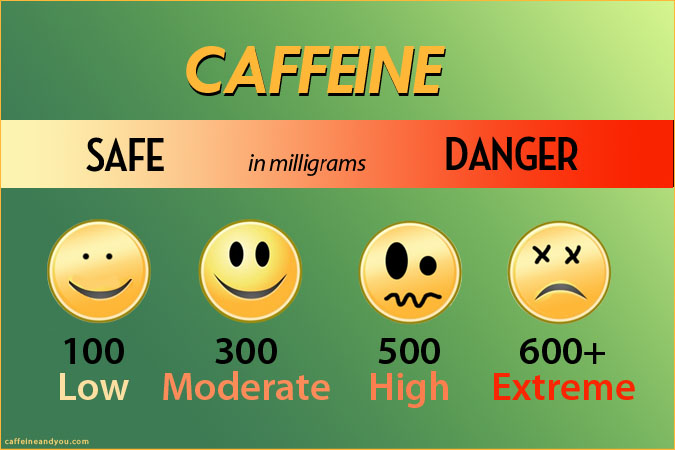

Advise patient to notify health care professional if pregnancy is planned or suspected or if breastfeeding.

Caution patient to avoid concurrent use of alcohol or other CNS depressants.Mobilization of intracellular calcium and inhibition of specific phosphodiesterases only occur at high non-physiological concentrations of caffeine. Three main mechanisms of action of caffeine on the central nervous system have been described. Instruct patient to notify health care professional of all Rx or OTC medications, vitamins, or herbal products being taken and consult health care professional before taking any new medications. Caffeine is the most widely consumed central-nervous-system stimulant.Caffeine is an application thats especially useful for anyone who has. When the coffee maker is empty, its deactivated. When the coffee maker is full, the application is activated. 14 Newborns have a limited capacity to metabolize caffeine, and the. Theres a coffee maker icon on the taskbar, and all you have to do is double-click to activate or deactivate it. Advise patient to avoid driving and other activities requiring alertness until response to medication is known. The half-life of caffeine in adults is typically 2.5 to 4.5 hours but is subject to large variation from one person to another. Medications taken for prophylaxis should be continued. Lying down in a quiet, dark room may also be helpful. Advise patients with tension headaches to take medication at first sign of headache.

Chronic excessive use of >4 g/day (2 g in chronic alcoholism) may lead to hepatotoxicity, renal or cardiac damage. Dose of acetaminophen should not exceed maximum recommended daily dose of 4 g/day. If medication appears less effective after a few weeks, consult health care professional. Do not increase dose because of the habit-forming potential of butalbital.


 0 kommentar(er)
0 kommentar(er)
